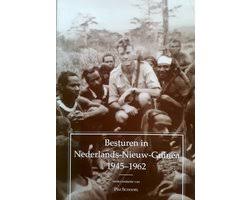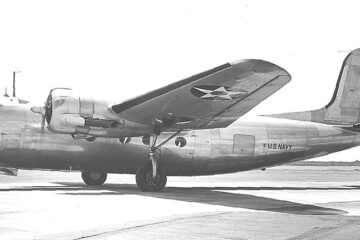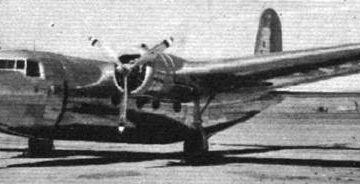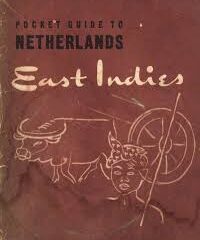The Netherlands Indies Civil Administration (NICA) was created in April 1944 in Australia by the Netherlands Indies Government-in-Exile. Its purpose was to prepare young Dutch and Indo-European officers to restore civil rule across the Netherlands East Indies after the defeat of Japan.
NICA organised training courses in Brisbane, using Allied facilities such as the American Officer Candidate School at Camp Columbia. The core curriculum was common for all candidates: administration, justice, population registration, health, and education. These officers were destined for service in Java, Sumatra, the Outer Islands, or Dutch New Guinea, depending on assignment.
A distinctive strand within this training concerned Papuan development. From the outset, Dutch officials stressed that Papuans were not Indonesians and required a separate future. Officers earmarked for New Guinea received special instruction on this policy, which laid the foundation for post-war institutions such as the administrative training school in Hollandia and the agricultural experimental station at Kota NICA.
Many of the young officers trained in Australia became the implementers of this policy after 1945. They helped establish Papuan schools, agricultural services, and technical training programs. The Dutch could then argue internationally that they were preparing Papuans for self-government, a line that remained central to Dutch diplomacy until the transfer of the territory to Indonesia in 1962.

The NICA training program in Australia thus illustrates both the breadth of Dutch preparations for the return to the Netherlands East Indies and the specific vision of Papuan advancement that emerged during the war.
Paul Budde October 2025
See also:
Netherlands New Guinea Papua Battalion trained in Australia.
Defining a frontier: Dutch–Australian border cooperation in New Guinea, 1954–1960
The Dutch Resident of Merauke visits Australian Papua New Guinea
Piet Merkelijn: bridging the Netherlands, Australia and Dutch New Guinea


